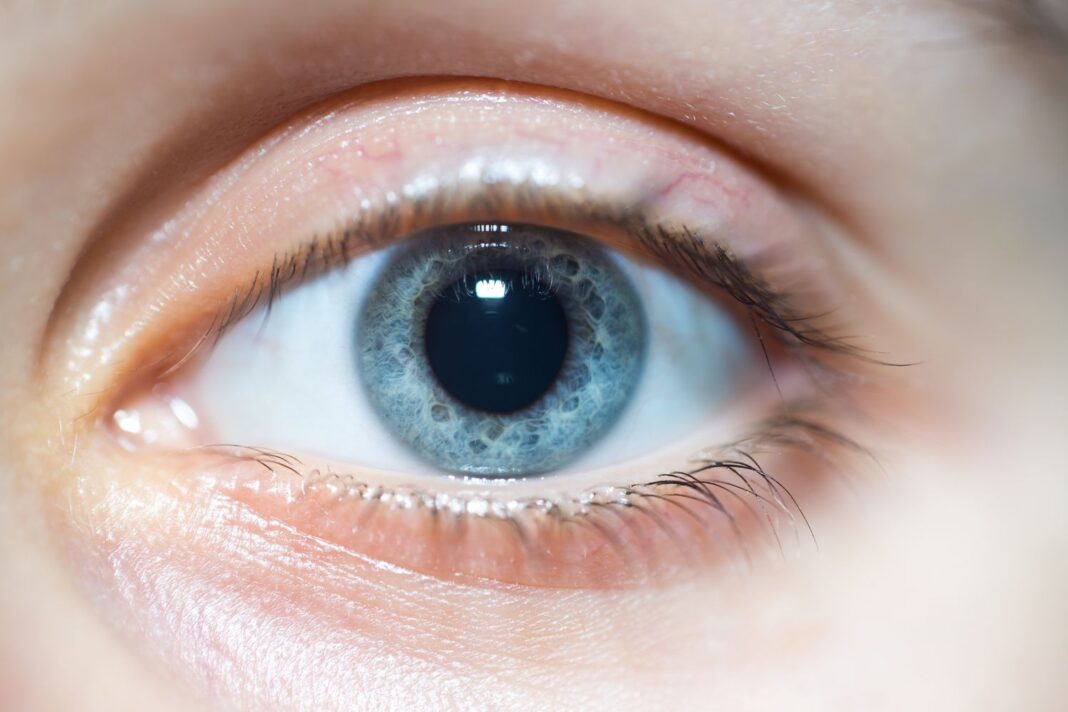What Are Dilated Pupils?
Dilated pupils, also known as mydriasis, occur when the dark center of your eye, the pupil, becomes wider. This can happen naturally in dim lighting, after taking certain medications or drugs, or as a result of eye exams or medical conditions.
Causes of Dilated Pupils
Your pupils often dilate naturally in response to the light in your environment. Other reasons they can dilate include:
- Medications or drug use
- Eye exams
- Injuries
- Medical conditions
- Emotions and focus
Natural Response to Light
Your pupils allow light to enter, and they constantly change in size, especially in response to light. In low-light conditions, pupils normally get bigger to let more light into the eye, while in conditions with higher levels of light, they get smaller to minimize the amount of light that enters the eye.
Medications or Drug Use
Some medications can cause dilated pupils by interfering with the function of a muscle in the iris that controls the pupil’s size. Examples of medications that can cause pupils to dilate include:
- Antihistamines, such as Benadryl (diphenhydramine)
- Muscle relaxants, such as Lioresal (baclofen)
- Decongestants, such as Sudafed (pseudoephedrine)
- Parkinson’s medications, such as Symmetrel (amantadine)
- Antidepressants, such as Norpramin (desipramine)
- Illicit drugs, such as cocaine and LSD
Treatment for Dilated Pupils
Treating dilated pupils means figuring out what’s causing them and addressing the underlying problem. For example, stopping a medication that is causing the pupils to enlarge or having surgery to fix an injury.
If your pupils are only temporarily dilated, your provider may recommend wearing sunglasses to help you manage the discomfort of having eyes that are more sensitive to light. If your pupils are permanently dilated, you might be able to get special contact lenses that can make your eyes look more normal. Your healthcare provider may also prescribe eye drops to reverse the dilation.
When to Call a Healthcare Provider
Contact your healthcare provider if you have unexplained changes in pupil size or the changes are not going away, especially if they started suddenly, are recent, or happened after an injury to the eye or your head. Get medical treatment immediately if you have dilated pupils (in one or both eyes) along with symptoms such as blurred vision, double vision, eye sensitivity to light, fever, headache, loss of vision, nausea or vomiting, or eye pain.
Frequently Asked Questions
- Do pupils dilate when you look at someone you love?
- They can. Your pupils can dilate when you have higher levels of oxytocin. Oxytocin (the "love hormone") increases when you are emotionally aroused.
- Do pupils dilate when you are tired?
- No, it’s usually the opposite. If you are tired or sleepy, your pupils will likely be smaller than usual.
- Can stress cause dilated pupils?
- Yes. Stress can cause your body to activate the sympathetic nervous system, which triggers a fight-or-flight response and can cause dilated pupils.
Summary
Your pupils usually change size in response to light. However, it’s also possible for the pupils to dilate, or get bigger, if the eye is injured or affected by a medical condition. Sometimes, dilated pupils are just temporary and get better without issue. However, if you have dilated pupils that are not going back to normal and other symptoms like headaches and trouble seeing, call your provider. They can figure out what’s causing your pupils to be dilated and make sure you get the right treatment.




